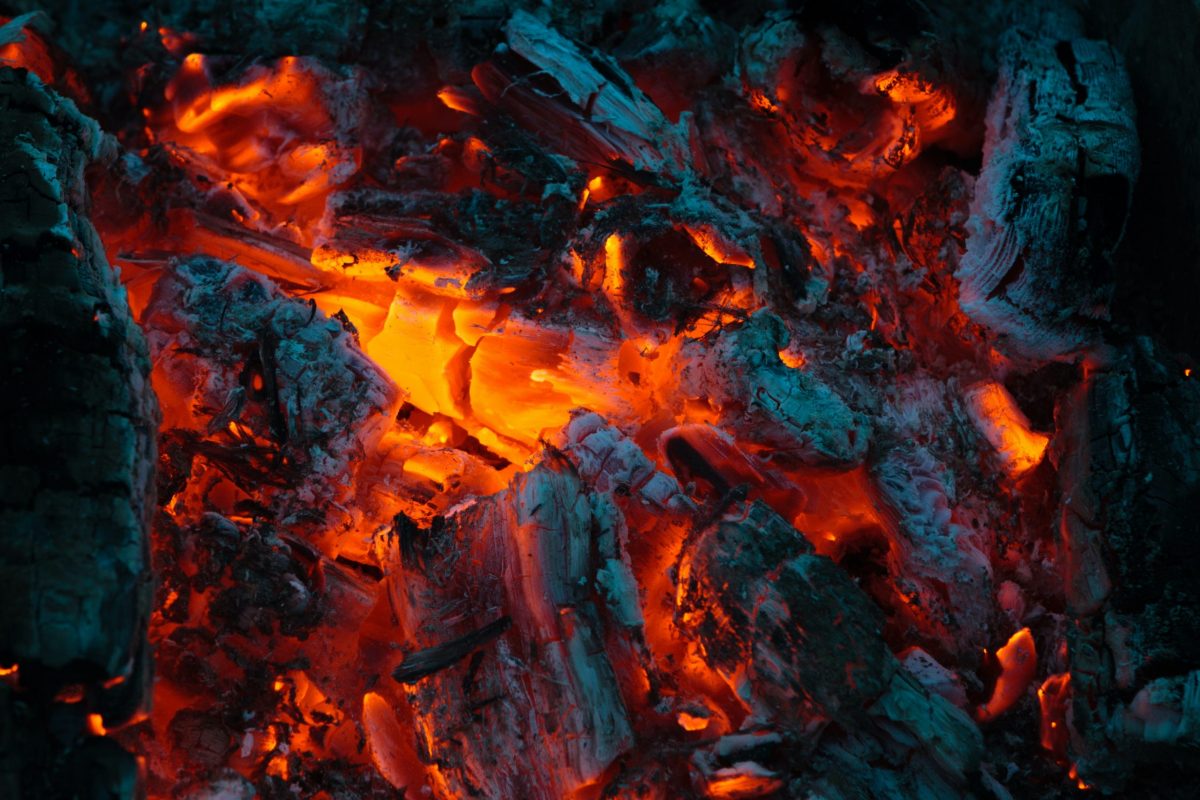THE World Health Organization (WHO) has warned that revising cooking fuels “must be a developmental priority”.
WHO have highlighted that if no urgent changes are made, one billion people could be using kerosene, coal or biomass in Sub-Saharan Africa alone.
Use of polluting cooking fuels has shown little overall reduction over the past three decades, with researchers saying it paints a “bleak picture” for the future.

Globally, nearly one third of people will continue to rely on these fuels in ten years time, suggesting detrimental health and environmental implications.
Burning these substances causes disease and household pollution, with long-term exposure linked to increasing risks of heart disease, pneumonia, lung cancer and strokes.
The seventh United Nations Sustainable Development Goal addresses the issue, with access to clean cooking a key target in the 2030 Agenda for Sustainable Development.
Sub-Saharan Africa has shown alarming increases in using these fuel sources, particularly charcoal, representing over a third of worldwide usage.
Contributing to millions of deaths annually and driving climate change, the World Health Organisation have emphasised the importance of progressing towards clean cooking.
Highlighting how significant short-term advancements are needed, the study’s results anticipate that almost three billion people will use these fuels world wide if no changes are made.
Dr Oliver Stoner, leader of the research at Exeter University and now a lecturer at Glasgow University, said: “While our analysis paints a bleak picture, we don’t yet know the full extent to which the COVID-19 pandemic has threatened or even undone recent progress.
“Analysing global trends suggests incremental progress in the direction of clean cooking fuels, but the simple reality is that there can be no global success while the number of people using polluting fuels in Sub-Saharan Africa grows by 10s of millions every year.”
Producing black carbon from biomass cooking is estimated to account for a quarter of global emissions of this kind every year.
Relying on these fuels also has further social implications, with collection of the fuel often done by women and children.
Heather Adair-Rahani from the World Health Organisation said: “Accelerating access to clean cooking solutions must be a developmental priority.
“Ensuring the sustained adoption of clean cooking solutions can prevent disease and improve the livelihoods of the poorest populations as well as protect our climate.”
